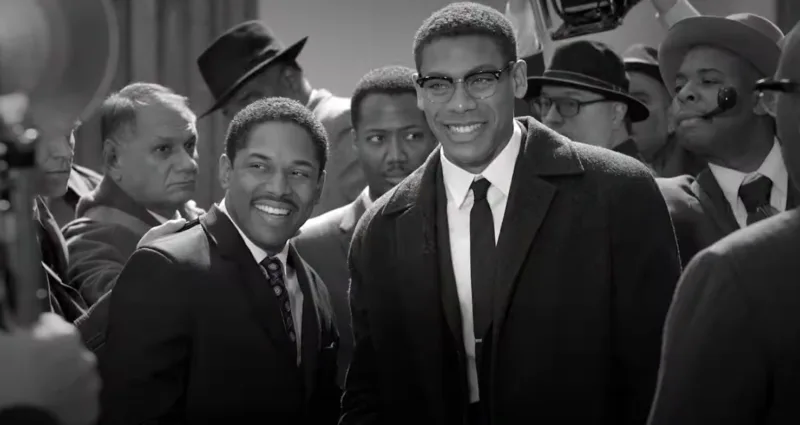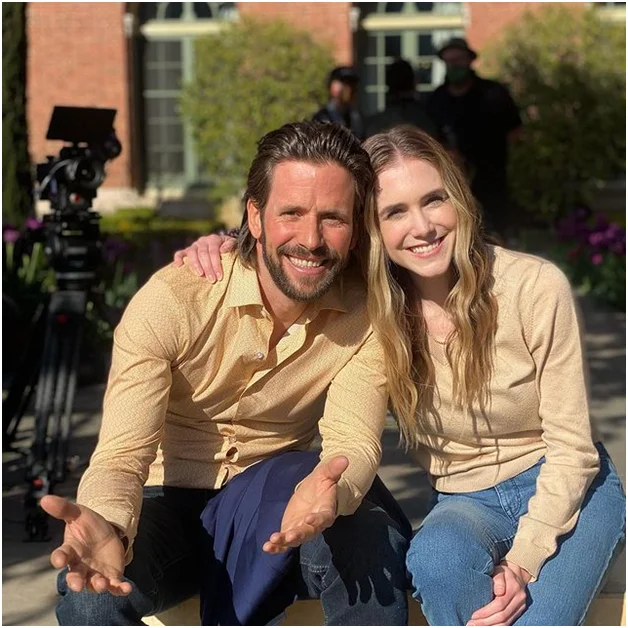The legal battle surrounding Wendy Williams and the documentary “Where Is Wendy Williams?” has thrust ethical considerations regarding the media portrayal of individuals, particularly those confronting health challenges, into the spotlight. Sabrina Morrissey, Williams‘ court-appointed guardian, filed a lawsuit on Feb. 20 seeking to block the airing of the 4.5-hour project, alleging that it egregiously exploits Williams during her vulnerable moments.
Morrissey’s lawsuit brings forth several salient points:
Firstly, she accuses A&E and Lifetime of unscrupulously exploiting Williams for entertainment value, presenting her in a degrading and undignified manner. This accusation underscores the ethical dilemmas inherent in media production, especially concerning individuals facing personal struggles. The portrayal of Williams in the documentary appears to cross boundaries of sensitivity and respect, drawing attention to the potential harm inflicted on vulnerable subjects by sensationalized media narratives.
Secondly, Morrissey challenges the documentary’s portrayal of Williams as “broke” and insinuates that her behavior stems from substance abuse, allegations she asserts lack factual basis. This misrepresentation not only distorts Williams’ image but also perpetuates harmful stereotypes surrounding mental health and addiction. By perpetuating these inaccuracies, the documentary risks further stigmatizing individuals grappling with similar challenges, reinforcing harmful societal perceptions.
Moreover, Morrissey contends that Williams was incapable of providing informed consent regarding her contract with A&E, emphasizing the necessity of court and guardian approval before releasing any documentary featuring privately filmed footage of Williams. This highlights the importance of safeguarding the rights and dignity of individuals in vulnerable circumstances, particularly when their ability to make sound judgments may be compromised.
The unsealing of Morrissey’s lawsuit underscores the intricate interplay between media, privacy, and ethics. It serves as a stark reminder of the responsibility media entities bear in portraying individuals’ lives, especially those facing personal adversity. The lawsuit prompts reflection on the ethical standards guiding media production and the need for greater sensitivity and accountability in representing individuals’ experiences.
Moving forward, the legal proceedings surrounding the documentary will likely prompt discussions about the boundaries of journalistic integrity and the ethical responsibilities of media organizations. It remains to be seen how these proceedings will unfold and what implications they may have for the future production and dissemination of similar content. Ultimately, the outcome of this legal battle may influence industry practices and shape public perceptions regarding the portrayal of individuals in the media.




